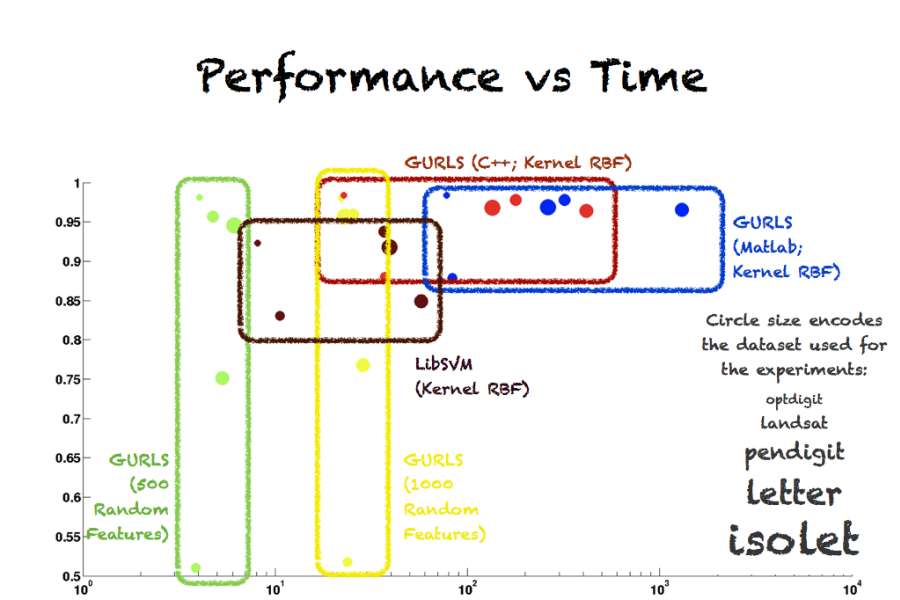CRiSP for Misspecified Robot Model
Code accompanying the paper “Structured Prediction for CRiSP Inverse Kinematics Learning with Misspecified Robot Models”
Code accompanying the paper “Structured Prediction for CRiSP Inverse Kinematics Learning with Misspecified Robot Models”
Iterreg is a scikit-learn compatible python package to perform iterative regularization of linear models. It implements the algorithm of “Iterative regularization for convex regularizers” by C. Molinari, M. Massias, L. Rosasco and S. Villa, AISTATS 2021.
Python package implementing the Falkon algorithm for large-scale, approximate kernel ridge regression. The implementation is based on PyTorch and runs on CPU and GPU.
Python code implementing Batch-BKB: the first Bayesian optimization (a.k.a. Gaussian process or bandit optimization) algorithm that is both provably no-regret and guaranteed to run in near-linear time time.
Material related to the NeurIPS 2019 paper “Exact sampling of determinantal point processes with sublinear time preprocessing” by Michał Dereziński, Calandriello Daniele, and Michal Valko.
Python code implementing the ridge leverage score sampling algorithm BLESS presented in: On Fast Leverage Score Sampling and Optimal Learning (NIPS 2018). The implementation can exploit both GPU and CPU resources.
This Matlab code provides an implementation of the FALKON algorithm presented in ‘FALKON: An Optimal Large Scale Kernel Method’ NIPS 2017, together with scripts to reproduce the experiments in the paper.
The iCub World Dataset is an ongoing project in collaboration with the iCub Facility and the SLIP-GURU group at the University of Genoa. The goal of the project is to build a growing dataset for visual recognition in robotics. The dataset was acquired during Human-Robot Interaction sessions, where a human teacher showed different everyday objects to the iCub robot.
This is the experimental code used in ‘Generalization Properties and Implicit Regularization for Multiple Passes SGM’, appearing in ICML http://jmlr.org/proceedings/papers/v48/lina16.pdf.
This Matlab package provides an implementation of the Nyström Computational Regularization algorithm presented in the following work: Alessandro Rudi, Raffaello Camoriano, Lorenzo Rosasco, ‘Less is More: Nyström Computational Regularization’, 16 Jul 2015, http://arxiv.org/abs/1507.04717.
This Matlab package provides an implementation of the NYTRO algorithm presented in the following work: Tomas Angles, Raffaello Camoriano, Alessandro Rudi, Lorenzo Rosasco, ‘NYTRO: When Subsampling Meets Early Stopping’, 19 Oct 2015, http://arxiv.org/abs/1510.In NYTRO, we combine early stopping and subsampling ideas, proposing a form of randomized iterative regularization based on early stopping and subsampling. In this way, we overcome the memory bottle neck of exact Early Stopping algorithms such as the kernelized Landweber iteration. Moreover, NYTRO can also be faster than other subsampled algorithms, such as Nyström Kernel Regularized Least Squares (NKRLS), especially when a stopping rule is used.

GURLS is a least squares, modular, easy-to-extend software library for efficient supervised learning. GURLS is targeted to machine learning practitioners, as well as non-specialists. It offers a number state-of-the-art training strategies for medium and large-scale learning, and routines for efficient model selection. The library is particularly well suited for multi-output problems (multi-category/multi-label).
Scikit-tensor is a Python module for multilinear algebra and tensor factorizations.